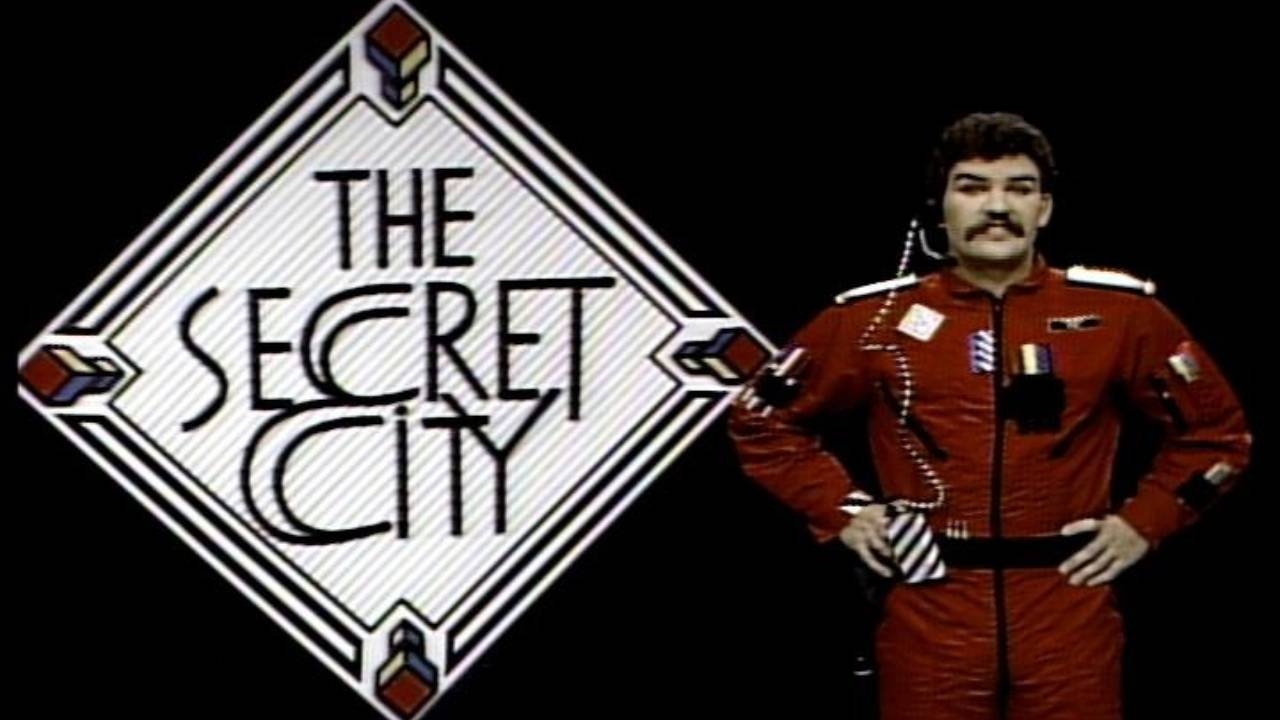

PBS
Featured Show:
The Secret City
The Secret City was a television program designed to teach children how to draw, starring Mark Kistler as as the fictional ‘Commander Mark’ who led viewers and in-studio club members through various drawing exercises in a sci-fi clubhouse setting full of fun, fantasy, and adventure. While the show’s format essentially prioritizes instruction over narrative, ongoing ‘drama’ is created by the frequent addition of new key features to the emerging scenery of the giant Secret City mural. Often Special Guests would appear on the show to demonstrate other art forms or practical applications for drawing skills. The show was created by John Price & Mark Kistler, based on Bruce McIntyre's AVDP. Much of the series was edited live in-camera and was shot in a somewhat semi-scripted format. It was produced at Maryland Public Television through private funding by Children's Video Associates, and intended for broadcast via national PBS syndication. It also aired on TVOntario.
PBS TV Shows
814 shows • Page 32 of 41
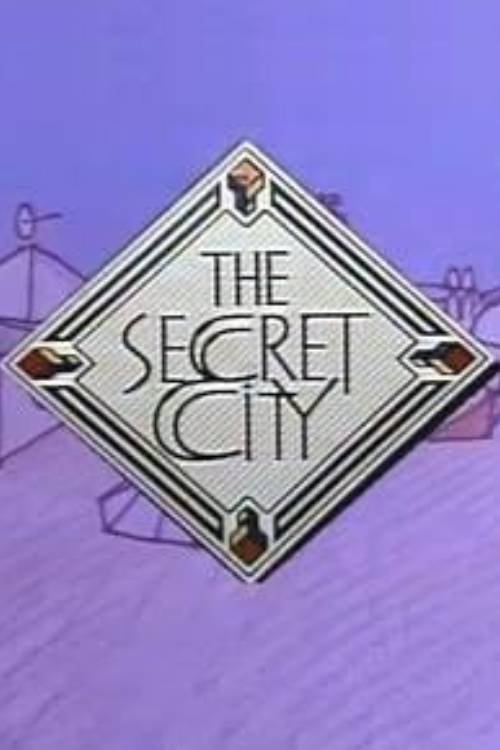
The Secret City
The Secret City was a television program designed to teach children how to draw, starring Mark Kistler as as the fictional ‘Commander Mark’ who led viewers and in-studio club members through various drawing exercises in a sci-fi clubhouse setting full of fun, fantasy, and adventure. While the show’s format essentially prioritizes instruction over narrative, ongoing ‘drama’ is created by the frequent addition of new key features to the emerging scenery of the giant Secret City mural. Often Special Guests would appear on the show to demonstrate other art forms or practical applications for drawing skills. The show was created by John Price & Mark Kistler, based on Bruce McIntyre's AVDP. Much of the series was edited live in-camera and was shot in a somewhat semi-scripted format. It was produced at Maryland Public Television through private funding by Children's Video Associates, and intended for broadcast via national PBS syndication. It also aired on TVOntario.
 0
0Arts-a-Bound!
 0
0Spaceflight
This 4-part documentary miniseries covers the history of manned and unmanned space-flight, from the late 1800s through the mid-1980s.

The Mechanical Universe
The Mechanical Universe... And Beyond, is a 52-part telecourse filmed at the California Institute of Technology, and produced by Caltech and INTELECOM Intelligent Telecommunications. The series introduces university level physics, covering topics from Copernicus to quantum mechanics. Produced starting in 1985, the videos make heavy use of historical dramatizations and visual aids to explain physics concepts. The latter were state of the art at the time, incorporating almost 8 hours of computer animation created by computer graphics pioneer Jim Blinn. Each episode opens and closes with a "phantom" lecture by Caltech professor David Goodstein. After more than a quarter century, the series is still often used as a supplemental teaching aid, for its clear explanation of fundamental concepts such as special relativity. The Mechanical Universe lectures are actual freshman physics lectures from Physics 1a and 1b courses at the California Institute of Technology. The room seen in the videos is the Bridge lecture hall. The series can be purchased, or viewed by streaming from the Annenberg website, or can be viewed on other video streaming sites such as YouTube and Google Video.
 0
0Heritage: Civilization and the Jews
Acclaimed PBS series that recounts the history of the Jewish people from its origins to the current day. The series was written and narrated by the late Abba Eban, an Israeli historian and statesman.
 0
0WonderWorks
Anthology series aimed at children and families. Many of the episodes were based on popular children's and young adult novels.
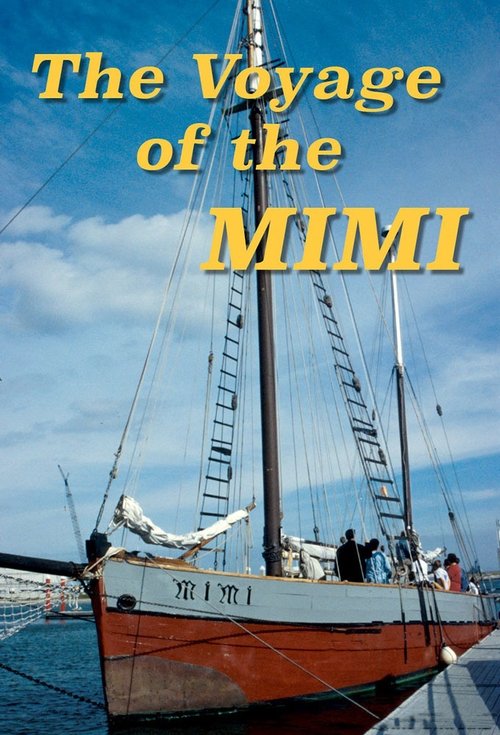
The Voyage of the Mimi
The Voyage of the Mimi and The Second Voyage of the Mimi are groundbreaking programs created by The Bank Street College of Education. They were among the first multimedia materials to use interactive technologies in an inquiry-based, integrated approach to teaching and learning for the middle grades, with an emphasis on science and mathematics. They consist of video, software, and print materials, including lesson plans, hands-on activities, and student-directed and collaborative projects. The 13 video episodes of The Voyage of the Mimi take students and teachers on a scientific expedition to study whales. The 12 video episodes of The Second Voyage tell the story of archaeologists in search of a lost Mayan city. The videos consist of dramatic episodes paired with a related documentary-style "expeditions." The dramatic episodes present an exciting, reality-based adventure/drama. The expeditions visit real places to witness scientists at work.
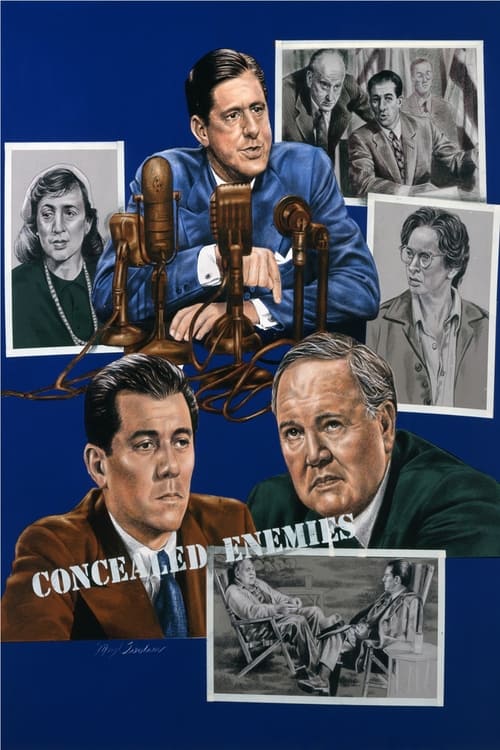 0
0Concealed Enemies
Concealed Enemies is an American television docudrama of the events leading to the arrest, conviction, and imprisonment of former U.S. State Department official Alger Hiss.
 0
0The Compleat Gilbert & Sullivan
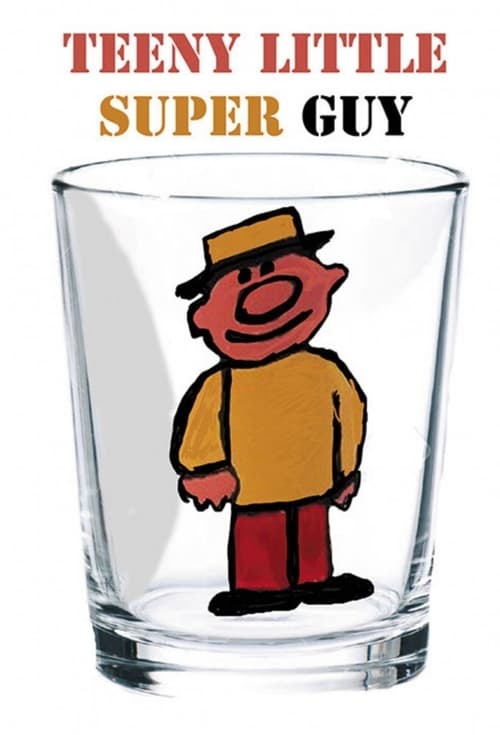
Teeny Little Super Guy
Teeny Little Super Guy was an animated short featured on PBS's Sesame Street. The shorts featured a small animated man, the Teeny Little Super Guy, who resides in a live-action, regular-sized kitchen. Robert W. Morrow described the shorts as including "parables of childhood conflict and striving."
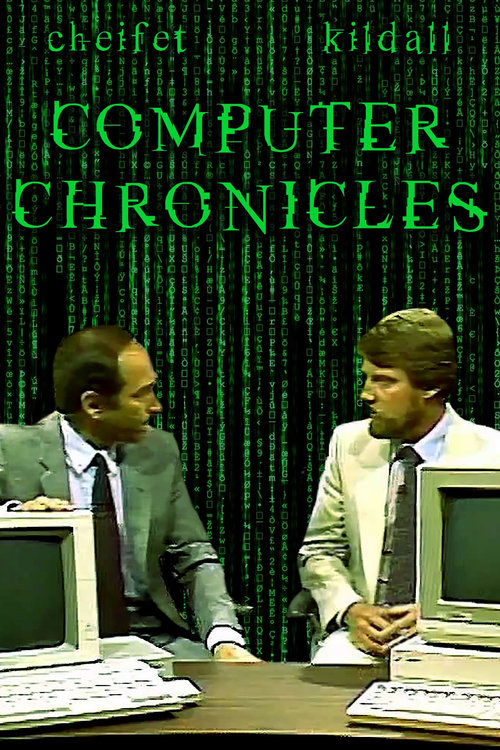
Computer Chronicles
The Computer Chronicles was an American television series, broadcast during 1981-2002 on Public Broadcasting Service public television, which documented the rise of the personal computer from its infancy to the immense market at the turn of the 21st century. The series was created in the Fall of 1981, by Stewart Cheifet, then the station manager of the College of San Mateo's KCSM-TV, initially broadcast as a local weekly series. Jim Warren was its founding host for its 1981-1982 season. It aired continuously from 1981 to 2002 with Cheifet co-hosting most of its later seasons. Gary Kildall served as co-host for six years providing insights and commentary on products as well as discussions on the future of the ever-expanding personal computer sphere.
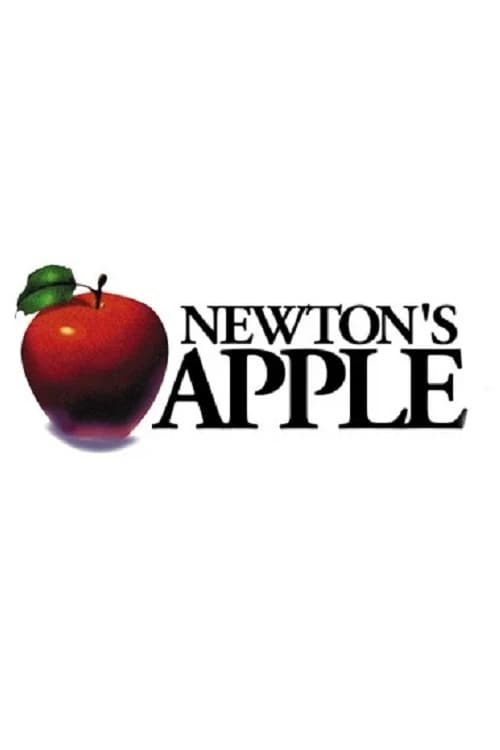
Newton's Apple
Newton's Apple is an American educational television program produced and developed by KTCA, and distributed to PBS stations in the United States that ran from 1983 to 1999. The show's title is based on the rumor of Isaac Newton sitting under a tree and an apple falling near him—or, more popularly, on his head—prompting him to ponder what makes things fall, leading to the development of his theory of gravitation. The show was produced by Twin Cities Public Television. For most of the run, the show's theme song was Ruckzuck by Kraftwerk, later remixed by Absolute Music. Later episodes of the show featured an original song. An occasional short feature appeared called "Science of the Rich and Famous" in which celebrities appeared to explain a science principle.
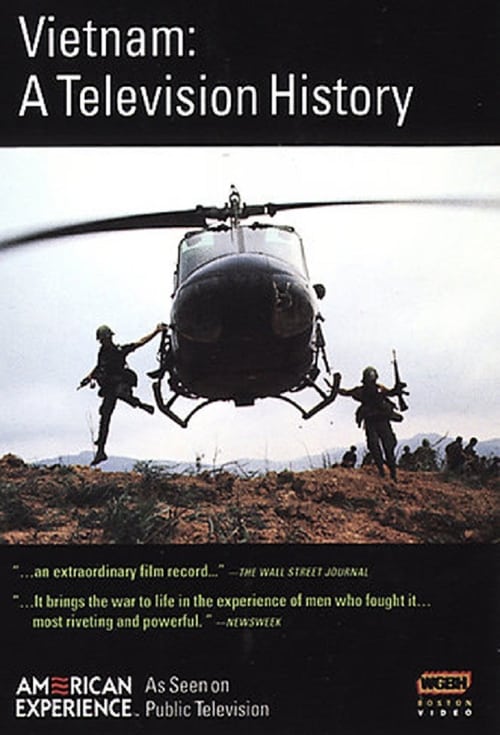
Vietnam: A Television History
A six-year project from conception to completion, Vietnam: A Television History carefully analyzes the costs and consequences of a controversial but intriguing war. From the first hour through the last, the series provides a detailed visual and oral account of the war that changed a generation and continues to color American thinking on many military and foreign policy issues.
 0
0War
This series of seven one-hour films examines the nature, evolution and consequences of modern warfare. Filmed in ten countries, on two oceans, and with the co-operation of the armed forces of six nations, War features interviews with top-level NATO and Soviet military leaders and strategists, eminent historians and other professional observers of combat. Drawing as well on film and picture archives worldwide, with footage of important battlefields on three continents, this documentary series argues that war, an institution invented to settle disputes between nations, no longer serves its purpose. It concludes that nations must find other ways to resolve their differences. The on-camera host for the War series is Gwynne Dyer, Canadian international affairs analyst and military historian.
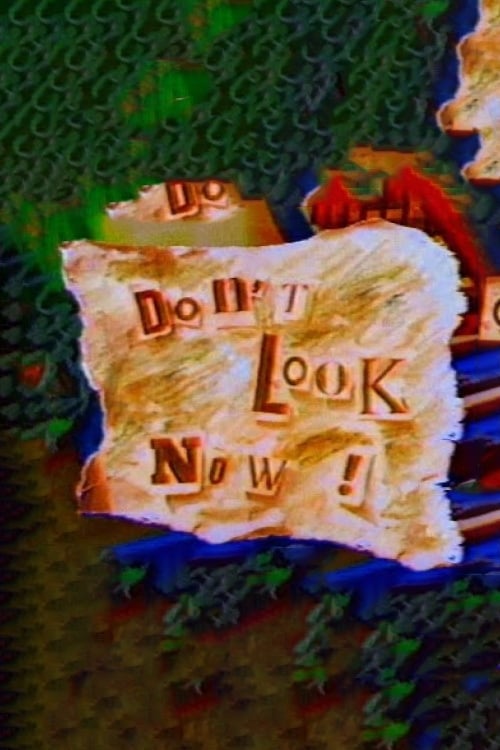
Don't Look Now!
Don't Look Now is an American national children's sketch comedy show produced for PBS by WGBH-TV in Boston, Massachusetts, and created by Geoffrey Darby and Roger Price. It is a clone of their program for CTV and Nickelodeon, You Can't Do That on Television.
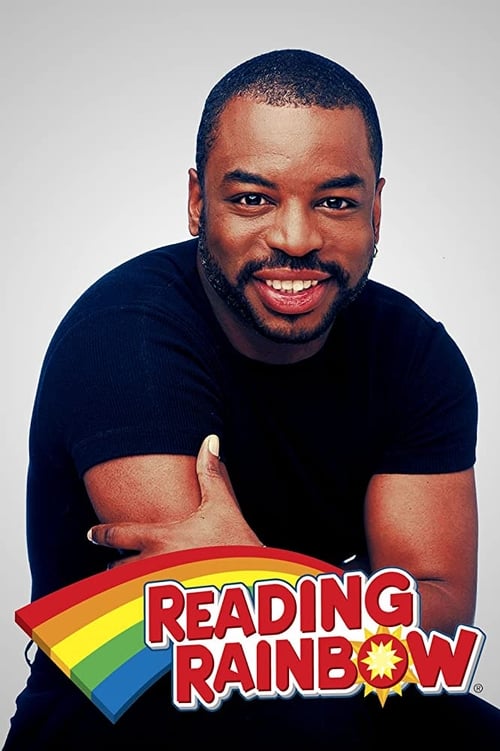
Reading Rainbow
Journey to exciting places and build a lasting connection with your favorite books. Each episode centers on a theme from a book, or other children's literature, which is explored through a number of segments or stories.
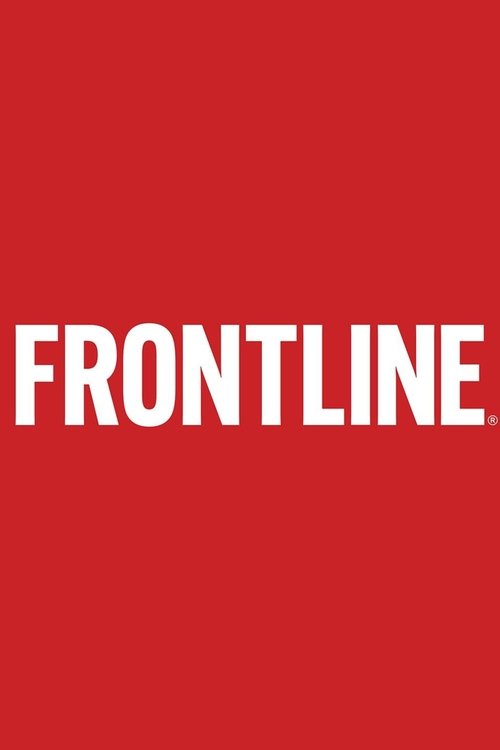
Frontline
Since it began in 1983, Frontline has been airing public-affairs documentaries that explore a wide scope of the complex human experience. Frontline's goal is to extend the impact of the documentary beyond its initial broadcast by serving as a catalyst for change.
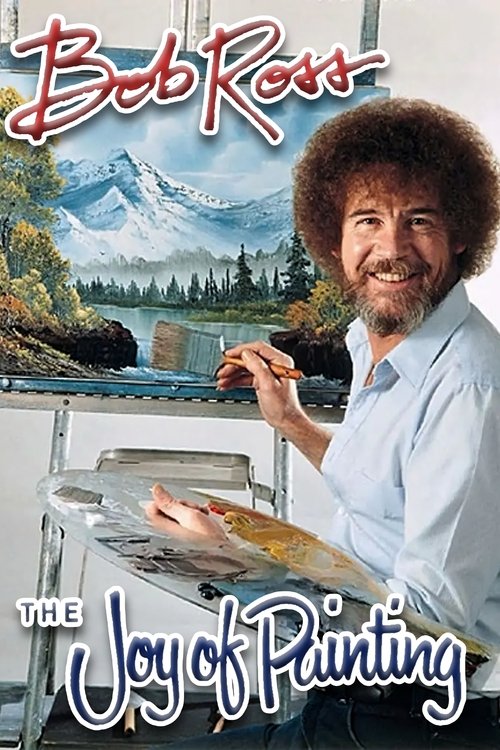
The Joy of Painting
The Joy of Painting was an American television show hosted by painter Bob Ross that taught its viewers techniques for landscape oil painting. Although Ross could complete a painting in half an hour, the intent of the show was not to teach viewers "speed painting". Rather, he intended for viewers to learn certain techniques within the time that the show was allotted. The show began on January 11, 1983, and lasted until May 17, 1994, a year before Ross' death.
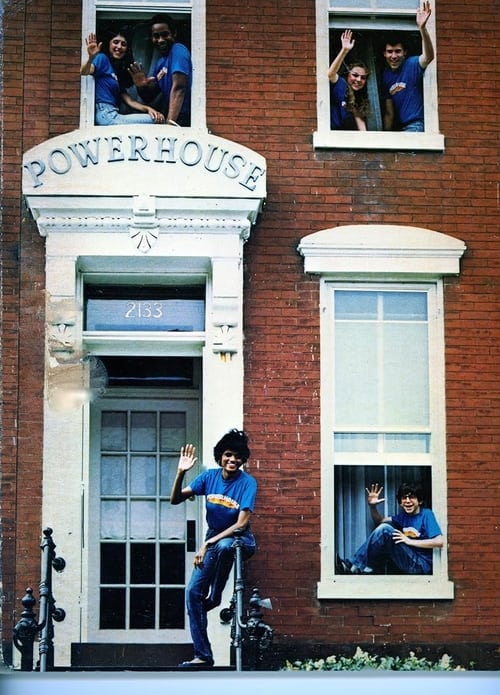 0
0Powerhouse
Powerhouse is a United States television series produced by the Educational Film Center at Northern Virginia ETV and aired on PBS for 16 episodes in 1982. It billed itself as "a 16-part series for young people and their families," with the target audience being primarily preteens and teenagers, and was widely praised by educational groups. The series was later rerun by Nickelodeon in the mid-1980s.
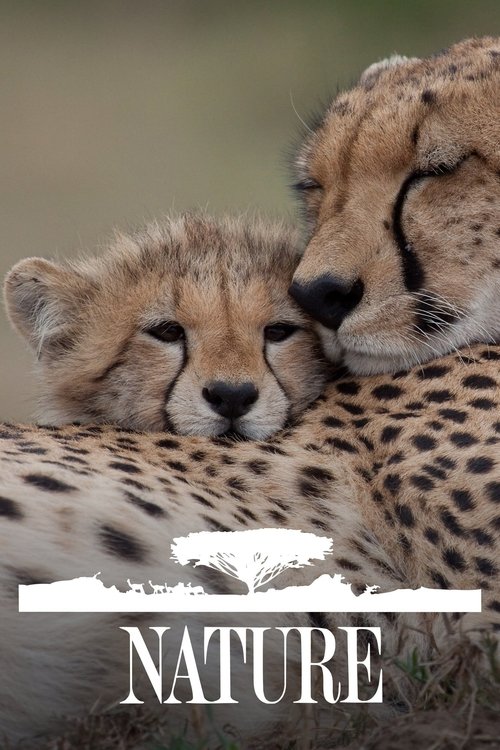
Nature
Consistently stunning documentaries transport viewers to far-flung locations ranging from the torrid African plains to the chilly splendours of icy Antarctica. The show's primary focus is on animals and ecosystems around the world. A comic book based on the show, meant to be used an as educational tool for kids, was briefly distributed to museums and schools at no cost in the mid-2000s.